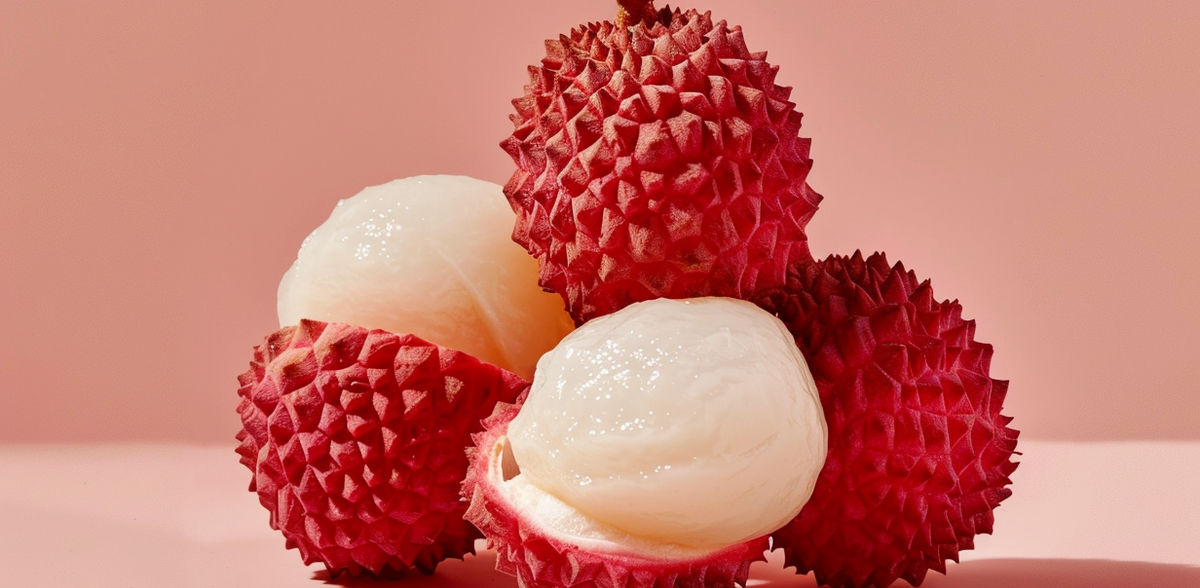Why does the grape taste like lychee?
Sweet and sour with a spicy note: this is the taste of the lychee. Its aroma is also found in grapes of the Muscaris grape variety. Researchers have now been able to discover why this is the case.
Advertisement
A research team from the Leibniz Institute for Food systems biology at the Technical University of Munich has succeeded for the first time in identifying the odorants responsible for the characteristic lychee note of Muscaris grapes. The new findings form the basis for further studies investigating the extent to which the aroma-relevant compounds are transferred from the grapes into wine. At the same time, they provide a scientific basis for the targeted breeding of innovative and resistant grape varieties with distinctly fruity aroma characteristics.
Bred in 1987 by the State Viticultural Institute in Freiburg, the white Muscaris grape variety combines the excellent fungal resistance of the Solaris variety with the intense aroma of the Yellow Muscat. The characteristic aroma of Muscaris grapes is characterized by a distinctive, fruity lychee note, which also characterizes the bouquet of Muscaris wines.
No information on aroma-relevant compounds
Stephanie Frank, co-author and Senior Scientist at the Leibniz Institute, explains: "In the past, several studies had already looked at the composition of muscari grape must and wine. However, our literature searches revealed that there is no information on the odor-active compounds that contribute to the typical grape aroma of the modern grape variety."
"It was also previously unknown which odorants the Muscaris grape variety inherited from its parent variety Gelber Muskateller," adds first author Xingjie Wang. "We were particularly interested in the molecular background of the unique lychee note," continues the doctoral student at the Leibniz Institute.
Two odorants are crucial
In order to find out more about the molecular background of the special grape aroma, the Freising research team carried out extensive investigations. As a comparative aroma extract dilution analysis revealed, muscaris and muscatel grapes differ only slightly in the odor-active compounds they contain. Of the 39 and 35 substances identified, 16 exceeded the odor threshold concentrations.
Further experiments finally showed that the combination of two of the identified odorants is responsible for the pronounced lychee note in the aroma of muscari grapes. These are the compounds (2S,4R) rose oxide and geraniol.
"The results of our odorant analyses are groundbreaking for further aroma research on grape varieties such as Muscaris. The freely available study data also opens up new perspectives for the future of viticulture, as fruity wines are becoming increasingly popular," summarizes study leader Martin Steinhaus, who heads the Food Metabolome Chemistry working group at the Leibniz Institute.
Note: This article has been translated using a computer system without human intervention. LUMITOS offers these automatic translations to present a wider range of current news. Since this article has been translated with automatic translation, it is possible that it contains errors in vocabulary, syntax or grammar. The original article in German can be found here.





























































